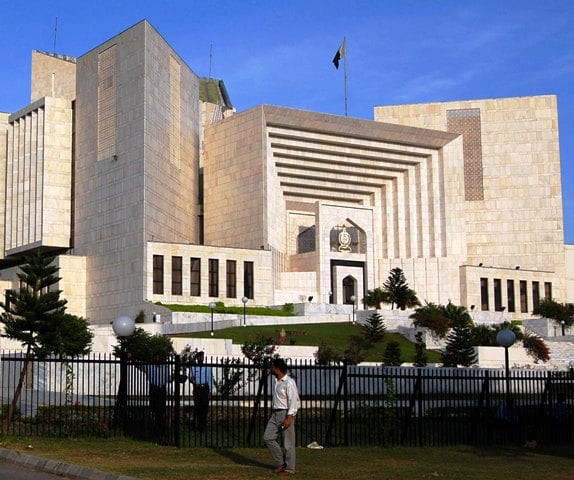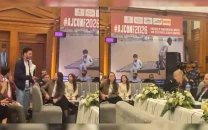Rental power projects: SC grills govt counsels on ad hoc policy
Bench says out of 19 projects, only four plants are operational.

Out of 19 projects, only four RPPs are operational and generating about 112 megawatts of electricity, observed a two-member bench of the apex court, comprising Chief Justice Iftikhar Muhammad Chaudhry and Justice Khilji Arif Hussain, on Friday.
The bench is hearing a suo motu case, coupled with two identical petitions, alleging irregularities in awarding of contracts to rental power companies.
Despite receiving billion of rupees, RPPs are adding less power to the national grid than pledged initially, the bench observed.
Who formulated the policy?
When asked under which policy were contracts awarded, Wapda and Pepco’s counsel Khawaja Tariq Rahim said that the federal cabinet provided the approval.
The finance ministry and banks refused to pay 7 to 14% mobilisation advance to the projects so the matter was referred to the cabinet, Rahim said.
“The cabinet decision became policy under ‘Rules of Business’ so the approval is the policy for the RPPs,” he added.
When asked what the rent policy was for operational and non-operational plants, Rahim said the government purchases electricity from the plants, and in case of failure to deliver that service, the plants are bound to pay a penalty.
Rahim asked for more time from the court, saying he would present the Asian Development Bank report on RPPs without a ‘colorful interpretation,’ unlike the other party in the case.
The bench also grilled NEPRA’s counsel, Najmul Hassan Kazmi, and asked him how the electricity tariff was determined without examining the RPPs’ machinery. Kazmi said that after the approval of the bids, NEPRA determined the tariff based on actual cost of the project.
The court subsequently adjourned hearing till November 14.
Published in The Express Tribune, November 5th, 2011.


















COMMENTS
Comments are moderated and generally will be posted if they are on-topic and not abusive.
For more information, please see our Comments FAQ